NFC Board: More Than a Product – A Trademark Revolution in Building Materials
indowud2024-10-25T12:51:16+00:00In the ever-evolving world of building materials, it’s easy to get lost in industry jargon and terms that seem interchangeable. One term that stands out is NFC, which refers not to a generic product or commodity, but a trademark that represents innovation and sustainability in the building industry. Coined by B.L. Bengani, the visionary behind Indowud NFC, the trademark has become a symbol of quality and excellence.
Despite sharing the acronym NFC with other unrelated industries—such as Nuclear Fuel Complex or Near Field Communication—B.L. Bengani adopted the three-letter term to introduce NFC Boards into the market as a distinct class of building materials. Unlike what you might find when searching for “NFC” on the internet, in the construction world, NFC stands for Natural Fibre Composite, a pioneering concept that blends natural fibers with polymers to create high-performance boards.
Through the adoption of the NFC trademark, Bengani successfully differentiated these boards from generic WPC (Wood Polymer Composite) products. To further elevate the brand, NFC Boards were introduced to the market with house marks or other trademarks, such as Indowud NFC Board or zerOwud NFC Board, making NFC a recognized standard, much like household names such asUFO, KFC and ITC.
A Game Changer in Sustainable Building Materials
NFC, which stands for Natural Fibre Composite, plays an essential role in the growing demand for sustainable building solutions. While WPC has become a common term in the industry, NFC signifies a material innovation that goes beyond standard composites. By blending natural fibers with polymers, NFC Boards provide exceptional durability, water and termite resistance, and environmental sustainability, making them a preferred choice for projects that prioritize both performance and eco-consciousness.
This clever branding by B.L. Bengani—who made the term NFC synonymous with eco-friendly innovation—sets these boards apart in the competitive market. In contrast to other interpretations of NFC found online, such as “Near Field Communication” or “Nuclear Fuel Complex,” B.L. Bengani’s NFC focuses on building a greener future.
What Makes NFC Board So Popular?
The rise in the popularity of NFC Board is no accident. The boards offer a combination of strength, adaptability, and environmental benefits that resonate with architects, builders, and designers looking for versatile materials. NFC Boards outperform many traditional materials by resisting moisture, pests, and extreme weather conditions, making them ideal for both indoor and outdoor applications.
Additionally, the strong branding behind NFC has played a crucial role in its success. By attaching NFC to well-established names like Indowud and zerOwud, the brand has gained the trust of professionals in the industry. Much like iconic brands such as KFC and ITC, NFC is no longer just a set of letters; it’s a symbol of quality, durability, and innovation in building materials.
Setting the Standard in the Industry
Since the introduction of the NFC Board trademark, it has become a benchmark for quality in the construction world. The trademark was not just a clever naming strategy—it was a declaration of a new standard in sustainable, high-performance building materials. By making NFC synonymous with natural fiber composites, B.L. Bengani ensured that the brand would stand out from other generic WPC products in the market.
Similar to how KFC and ITC are immediately recognized by their three-letter abbreviations, NFC has cemented its place as a leading name in sustainable building materials. Paired with established house marks like Indowud and zerOwud, NFC Board is now seen as a trusted solution for professionals who want high-performance, eco-friendly materials for their projects.
What Sets NFC Board Apart?
The NFC Board distinguishes itself from other products in the market by offering a unique combination of natural fiber and polymer technology, which enhances both its performance and sustainability. While many WPC products offer durability, NFC Boards go beyond by incorporating natural fibers that reduce the overall environmental impact and provide a sustainable alternative to traditional wood products.
In addition to its eco-friendly composition, the strong branding of the NFC trademark plays a significant role in setting it apart. When combined with trusted names like Indowud and zerOwud, NFC Boards have earned a reputation for reliability, performance, and sustainability. This has made them the material of choice for architects and builders who prioritize long-lasting, eco-conscious building solutions.
Conclusion
The success of NFC Board lies not just in its high-performance qualities but in its strong trademark identity. While the acronym NFC may mean different things in other industries, in the world of building materials, it has come to symbolize excellence, innovation, and sustainability. B.L. Bengani’s vision in trademarking NFC has made the brand synonymous with the best in natural fiber composite building solutions, and its growing popularity continues to reinforce its place as a leader in the industry.
It is important to note that NFC is a registered trademark, and any unauthorized use of the three-letter term NFC or NFC Board as a product category, particularly in combination with other trademarks or brands, constitutes a violation of intellectual property rights. This trademark is specifically owned by B.L. Bengani and associated with Indowud NFC Board and zerOwud NFC Board. Any attempts to use the term NFC or NFC Board in the building materials industry without proper authorization will face legal consequences. Much like iconic trademarks such as KFC, UFO, ITC, the NFC Board trademark is protected and should not be misused.

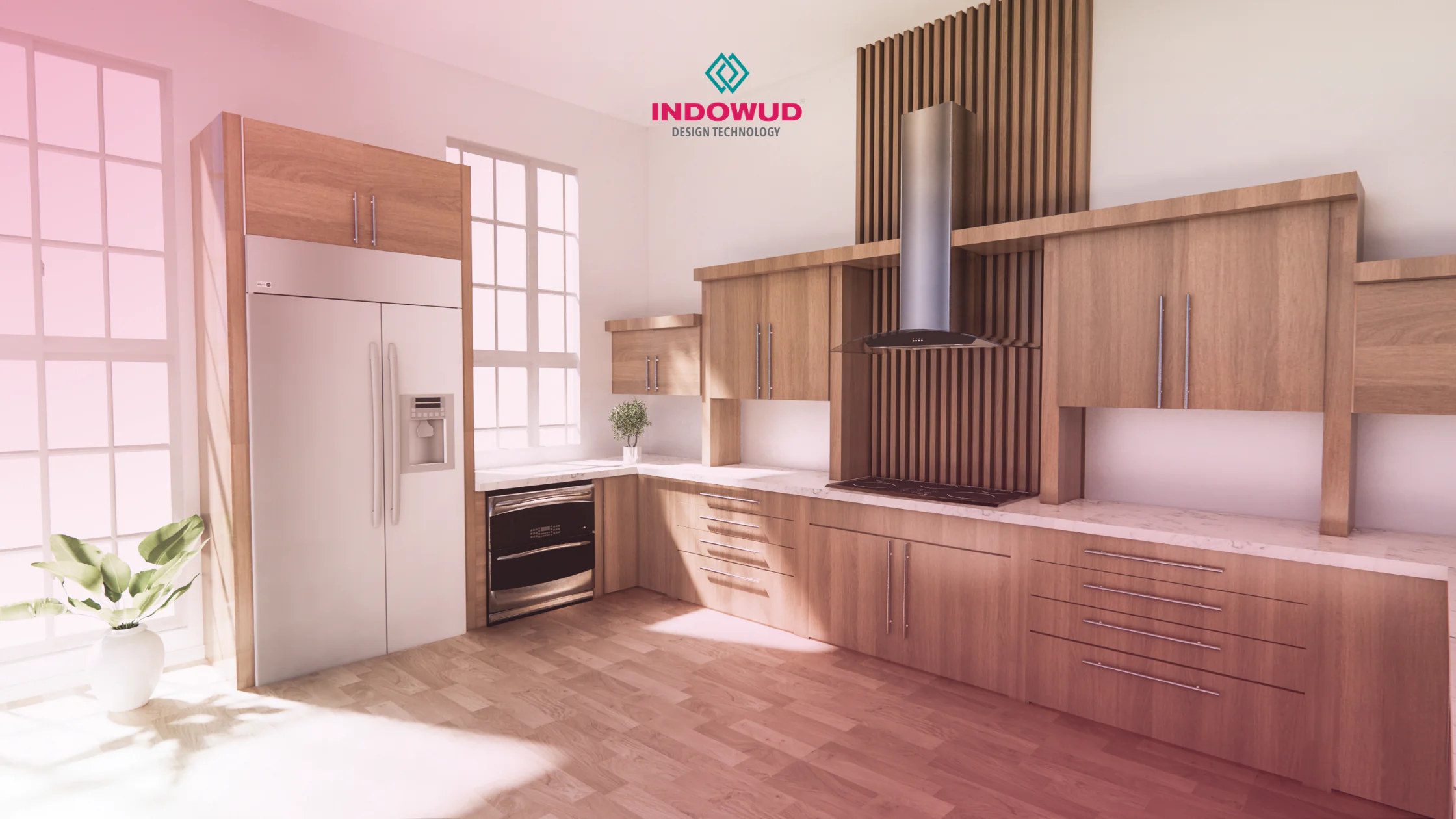
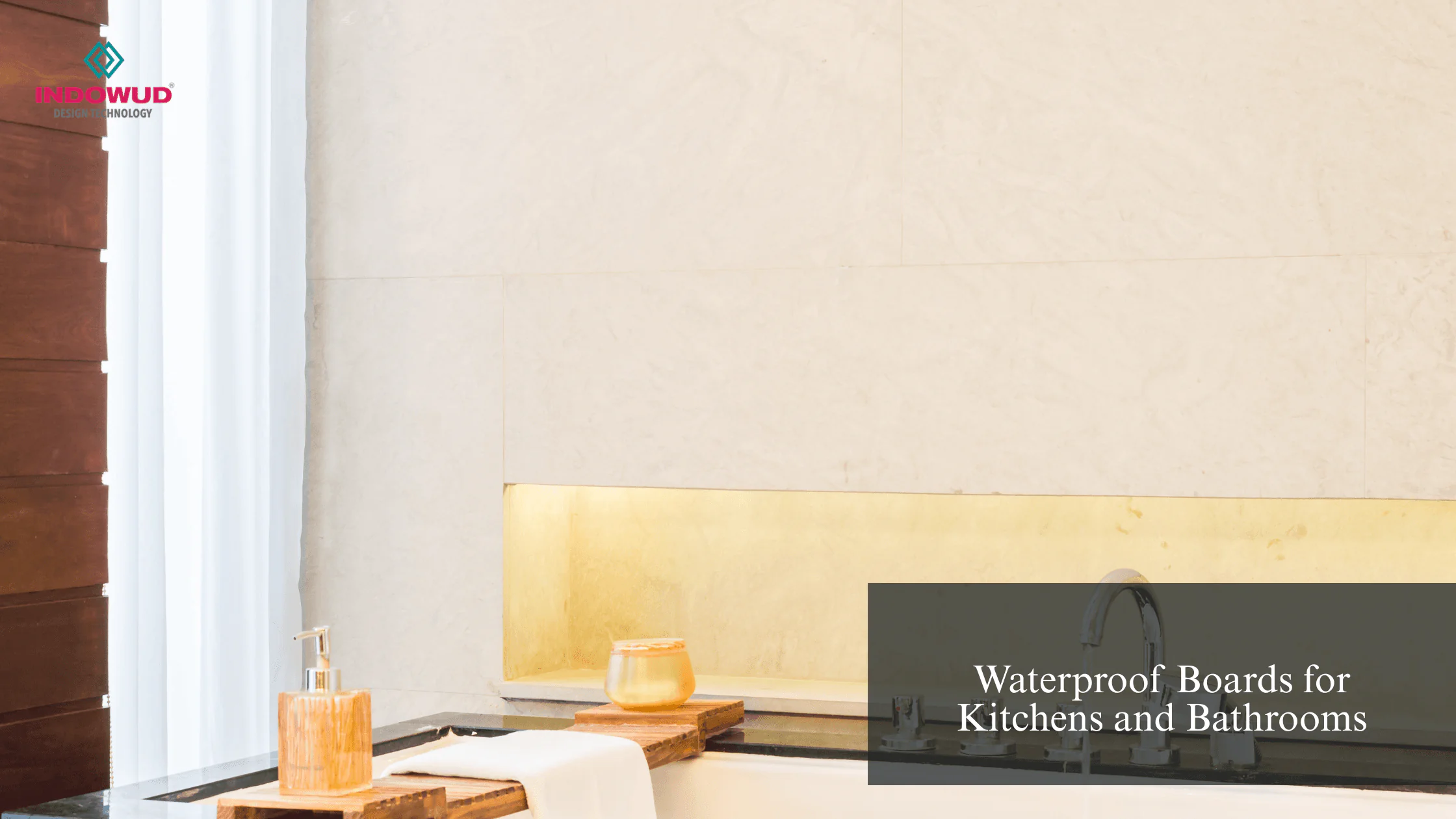



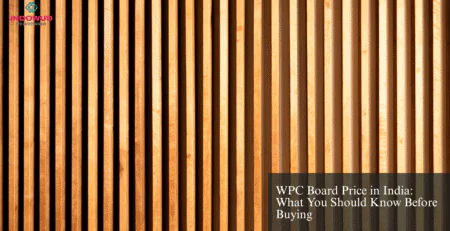
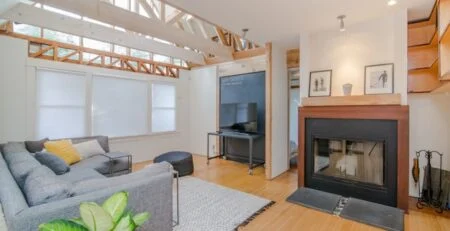

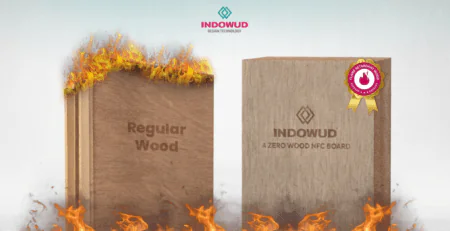

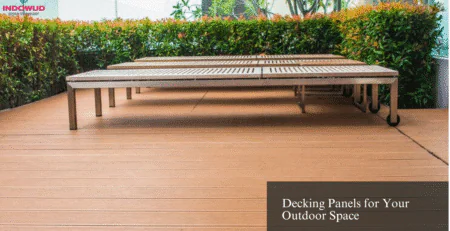
Leave a Reply